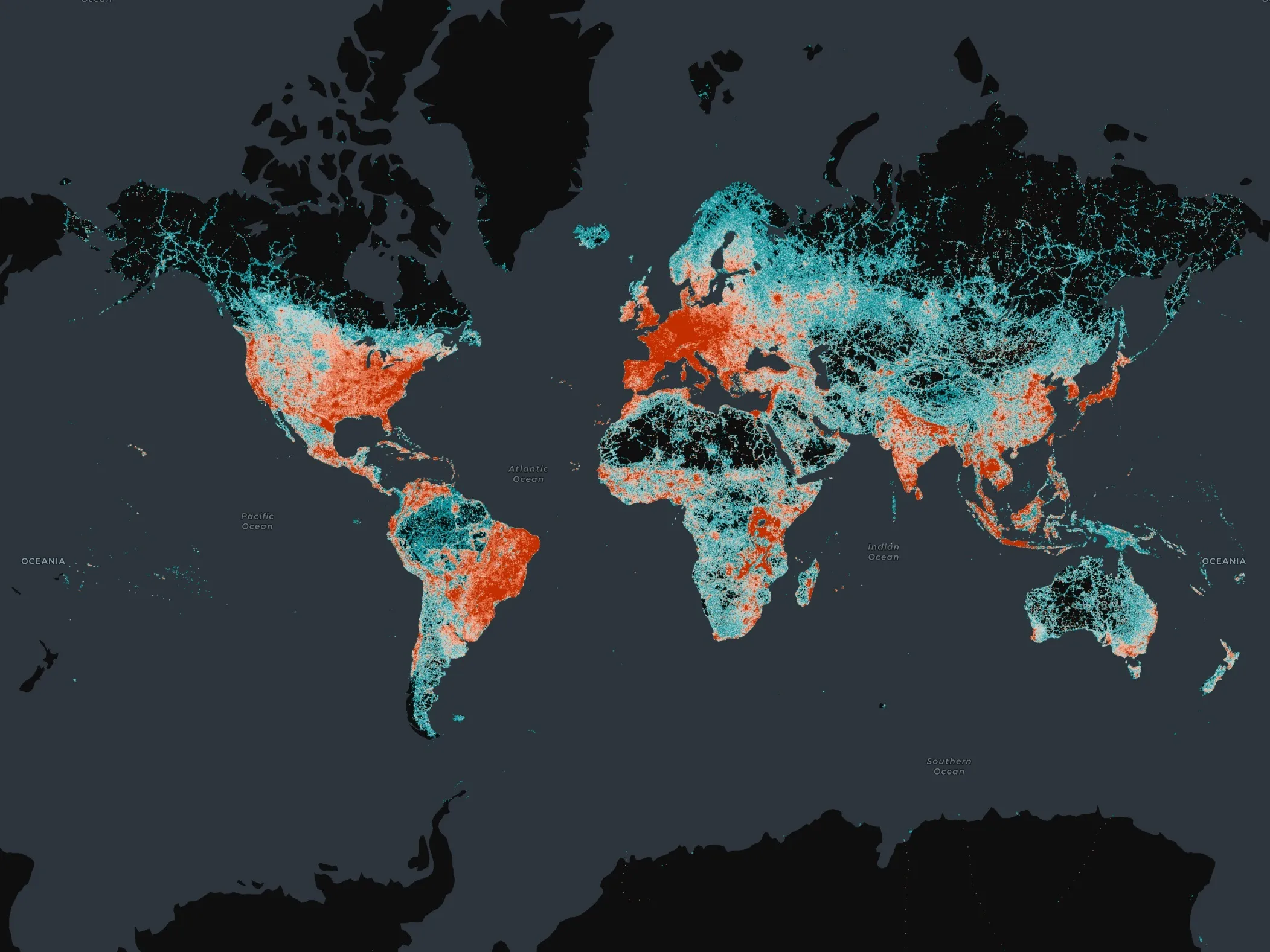TraficOK, a joint development by Romanian software company AROBS Transilvania Software, specialising in customised automotive solutions, and be-mobile, Belgian provider of traffic and mobility information, is, according to both companies, a fully comprehensive traffic portal that provides precise traffic and mobility information the Romanian public accurate and. TraficOK provides detailed and up to the minute live traffic information, sourced from an extensive fleet and uniquely for the Romanian market, enh
November 8, 2012
Read time: 2 mins
TraficOK, a joint development by Romanian software company 6848 AROBS Transilvania Software, specialising in customised automotive solutions, and 6593 Be-Mobile, Belgian provider of traffic and mobility information, is, according to both companies, a fully comprehensive traffic portal that provides precise traffic and mobility information the Romanian public accurate and.
TraficOK provides detailed and up to the minute live traffic information, sourced from an extensive fleet and uniquely for the Romanian market, enhanced by journalistic data managed by a dedicated team of traffic operators located at the TraficOK headquarters.
Users can access the information in several ways: via their in-car navigation system, smartphone, the TraficOK website and broadcast throughout the day on the EuropaFM network. The system also provides an historical database based on average speeds in specified areas for particular time frames.
“Romania’s continuing surge towards an increasingly smart society makes this the perfect time to launch TraficOK,” says Voicu Oprean, CEO of AROBS Transilvania Software, “be-mobile provides live speeds and travel times for highways and local roads, includes upcoming travel expectations, road works, obstacles, speed cameras, weather conditions and petrol prices, this is cutting edge technology and is ideal for the Romanian market”.
“We are delighted to enter the Romanian market with TraficOK”, says Jan Cools, Founder and CEO of be-mobile, “Romania represents another significant milestone in our international expansion strategy and we look forward to playing our part in helping Romania and other markets to keep a free flowing traffic system which is essential for the success of every modern country.”
TraficOK provides detailed and up to the minute live traffic information, sourced from an extensive fleet and uniquely for the Romanian market, enhanced by journalistic data managed by a dedicated team of traffic operators located at the TraficOK headquarters.
Users can access the information in several ways: via their in-car navigation system, smartphone, the TraficOK website and broadcast throughout the day on the EuropaFM network. The system also provides an historical database based on average speeds in specified areas for particular time frames.
“Romania’s continuing surge towards an increasingly smart society makes this the perfect time to launch TraficOK,” says Voicu Oprean, CEO of AROBS Transilvania Software, “be-mobile provides live speeds and travel times for highways and local roads, includes upcoming travel expectations, road works, obstacles, speed cameras, weather conditions and petrol prices, this is cutting edge technology and is ideal for the Romanian market”.
“We are delighted to enter the Romanian market with TraficOK”, says Jan Cools, Founder and CEO of be-mobile, “Romania represents another significant milestone in our international expansion strategy and we look forward to playing our part in helping Romania and other markets to keep a free flowing traffic system which is essential for the success of every modern country.”










